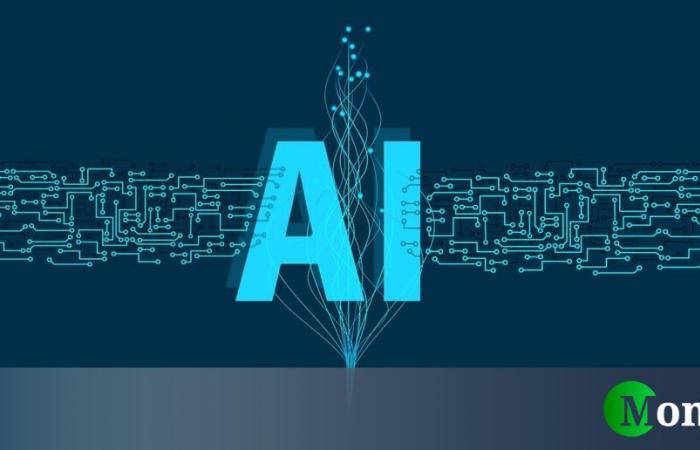L’Artificial intelligence it is the great theme of the moment, which questions the potential and risks of its widespread use.
In less than two years, since the ChatGPT chatbot on OpenAI has been made public and widely used, AI has achieved surprising goals, marking a before and after in various areas of knowledge and the way we interact with society on a daily basis.
I progress have been of such magnitude that academics believe that the year 2023 marked a historical milestone with the development of several tools based on theGenerative Artificial Intelligencesuch as the DALL-E 2 image generator, Github’s Copilot, the MidJourney art generator, DeepMind’s AlphaCode programming troubleshooting system, as well as new versions of ChatGPT, Bing and Gemini, which use advanced artificial intelligence algorithms to create new content, be it text, images, code or video, from descriptions or short instructions (prompts).
The euphoria, however, is accompanied by fears about the impossibility of controlling the use of AI, as if once started there is no longer a button capable of turning it off when it can potentially cause damage. That’s what the professor Martin Hilbert from the University of California, an internationally renowned academic who has dedicated his career to unraveling complex digitalized social systems. In an interview given in El Colombiano, he launched an alarm about AI.
AI, beware of this risk. Expert’s word
Professor Martin Hilbert offered his insight on the present and future of Artificial Intelligencehighlighting the challenges and opportunities this technology presents for society.
Furthermore, he highlighted how generative AI, in addition to being a tool of persuasion, is designed to improve our relationships by increasing empathy and emotional intelligence. “We can now say that systems like ChatGPT are indistinguishable from humans in these interactions. Even here at the University of California, where we evaluate intelligence through admissions tests like the SAT, the average for humans is 65%, while ChatGPT is 90%”.
Surprising goals achieved and extraordinary technological achievements, however, cannot obscure the dark spots of AI.
In this regard, Hilbert recalled that 20 years ago, in a philosophical conversation with a friend, he imagined what the world would be like if artificial intelligence really existed. The enthusiasm was already accompanied by the consideration of possible dangers.
“So, we’ve settled Three rules”he recalled, “do not connect it to an open Internet networkprevent it from interacting with vulnerable people such as children and people with mental health problems, and ensure that he cannot program himself to achieve superintelligence”.
However, this has not happened. AI is integrated into all open processes, interacts with children, and writes code more efficiently than many of my students. “We’re past the point where we could just turn it off with a red button.”, he warned. The alarm is that we will not be able to govern such a powerful and widespread phenomenon.
How to manage Artificial Intelligence?
AI, which surpasses initial humanity in terms of intelligence, is rapidly integrating into all sectors: economy, education and even personal health of people. This integration also includes areas such as politics and democracyeven if we don’t fully understand the implications according to the professor.
This complexity and lack of understanding is not new in social sciences and adaptive systems such as economics or warfare. “Artificial Intelligence adds an additional layer of complexity to these systems and we must manage it with great care and respectrecognizing that we didn’t fully understand it in the first place and that we understand it even less now”has explained.
What to do? With artificial intelligence we must proceed without falling into anxiety.
The solution for yours optimal management passes through two main paths for Hilbert. First we must focus on mitigating the existential risks that this technology poses by automating fundamental aspects of our species. This requires invest more resources in research and in understanding the impact of artificial intelligence, as well as establishing an oversight of algorithms to verify and control their use.
Second, we need to explore how Leveraging the benefits of AI in a positive waypromoting their responsible integration into the various social and economic processes. The challenge has begun.







